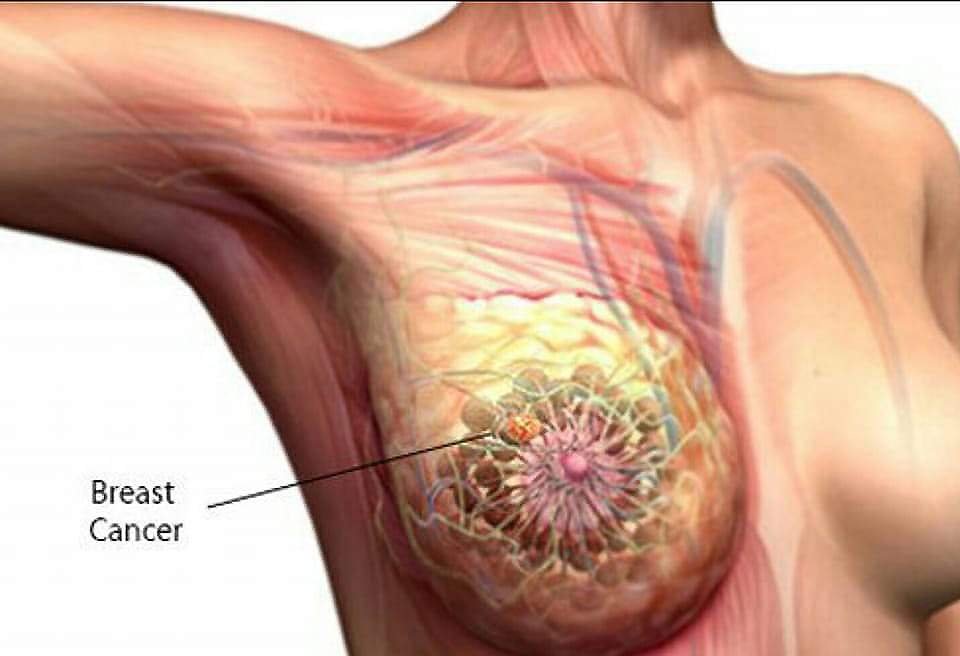How Water Affects Your Body: Water is life. It makes up about 60% of the human body and plays a vital role in maintaining overall health. From supporting vital organs to regulating temperature and aiding digestion, water is involved in almost every bodily function. In this article, we’ll explore how water affects your body, why staying hydrated is essential, and how much water you actually need.
How Water Affects Your Body Temperature Regulation:

One of the most important functions of water in the body is temperature regulation. When you sweat, your body releases water to cool itself down. This evaporation process helps maintain a stable internal temperature, especially during exercise or in hot weather. Without enough water, your body can overheat, which can lead to heat exhaustion or heat stroke.
Supports digestion and nutrient absorption:
Water is essential for a healthy digestive system. It helps break down food so that your body can absorb nutrients more effectively. The digestive process begins in the mouth with saliva, which is mostly water. In the stomach and intestines, water helps dissolve nutrients and transport them throughout the body. Inadequate hydration can cause digestive problems like constipation and bloating.
Flushes out toxins:
Your kidneys rely on water to filter waste and toxins from your blood and flush them out through urine. When you don’t drink enough water, your kidneys can’t function properly, which can lead to a buildup of toxins and an increased risk of kidney stones and urinary tract infections. Staying well-hydrated helps your urinary system function healthily and efficiently.
Boosts energy and brain function:
Even mild dehydration can affect your energy levels, mood, and cognitive function. Studies have shown that losing just 1-2% of your body’s water content can impair focus, alertness, and short-term memory. Fatigue, headaches, and difficulty concentrating are common symptoms of dehydration. Drinking enough water helps your brain function at its best and keeps you mentally sharp throughout the day.
How Water Affects Your Body Maintains Healthy Skin:

Water plays a vital role in keeping your skin hydrated and elastic. When you are well hydrated, your skin looks smoother, plumper and more radiant. On the other hand, dehydration can cause dry, flaky skin and make fine lines and wrinkles more noticeable. Drinking water may not cure skin problems instantly, but it is an important part of a good skin care routine.
Supports joint and muscle health:
Water is a major component of synovial fluid, which lubricates joints and allows for smooth, pain-free movement. It also helps maintain muscle tone and elasticity. Dehydration can lead to muscle cramps, stiffness and joint pain, especially during physical activity. Proper hydration helps your body move more efficiently and recover faster after exercise.
How Water Affects Your Body Helps with weight management:
Drinking water can aid weight loss efforts in more ways than one. It can act as a natural appetite suppressant by making you feel full before meals. Water slightly increases metabolism and helps the body burn fat more efficiently. Using water instead of sugary drinks can significantly reduce your daily calorie intake, which can help with healthy weight management.
How much water should you drink each day?
The general recommendation is to drink 8 glasses (about 2 liters or half a gallon) of water per day, commonly known as the “8×8 rule.” However, your actual needs may vary depending on your activity level, climate, and overall health. A good rule of thumb is to drink enough water so that your urine is light yellow and your body can hear your thirst signals.
Water is essential for almost every function of the human body. From flushing out toxins to boosting brain function and improving skin health, staying hydrated is one of the easiest and most effective ways to maintain your overall well-being. Make water your beverage of choice, and your body will thank you for it — inside and out.
Read Also: The Benefits of a Mediterranean Diet
![]()





